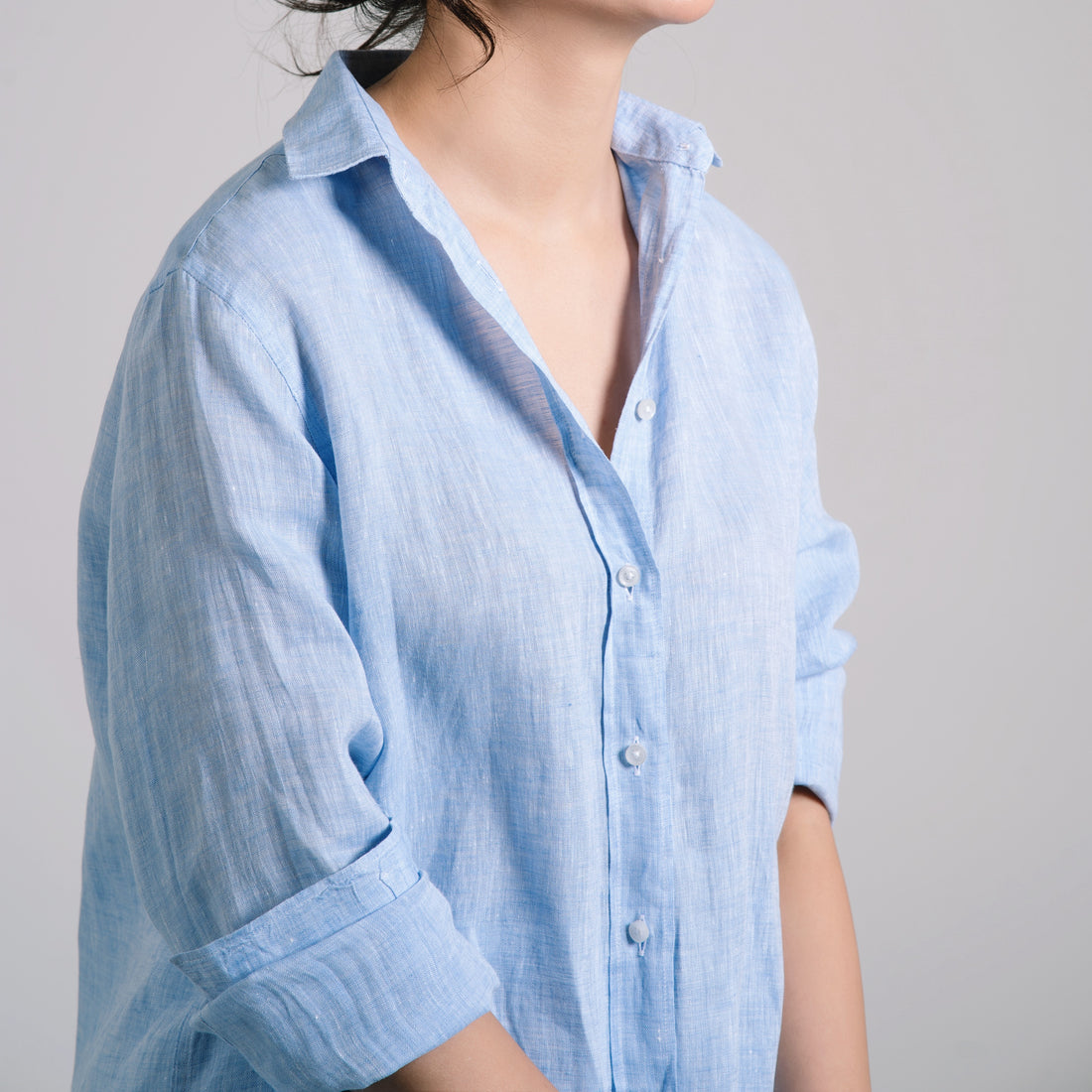
Top 5 Fascinating Facts About Linen You May Not Know
Share
Linen, a historic and eco-friendly fabric, boasts exceptional qualities. Discover 5 fascinating facts about linen you might not have heard before.
Introduction to Linen
Linen, also known as flax fabric, is one of the most beloved natural materials worldwide. Made from the flax plant, linen offers not only comfort but also exceptional qualities. But how much do you really know about this fabric? Let’s explore 5 unique facts about linen that you may have never known.
1. Linen is One of the Oldest Fabrics in the World
The history of linen dates back over 10,000 years. Archaeologists have found evidence of linen in ancient Egyptian tombs, where it was used as burial cloth for pharaohs. Ancient Egyptians believed linen symbolized purity and luxury.
Throughout history, linen has played a vital role in various cultures, from garments in the Roman Empire to exquisite textiles in medieval Europe.

2. Linen is Durable and Eco-Friendly
One reason linen is increasingly popular is its sustainability. Flax requires less water and chemicals compared to cotton, minimizing environmental impact.
Moreover, linen is biodegradable, making it eco-friendly at the end of its life cycle. Remarkably durable, linen can last for decades with proper care.

3. Linen Has Excellent Moisture Absorption and Cooling Properties
Linen is renowned for its natural moisture absorption and cooling capabilities. It can absorb a significant amount of moisture without feeling damp, keeping your skin dry even during sweltering summers.
Additionally, its natural fiber structure allows air to flow freely, providing a cooling sensation—perfect for tropical climates.

4. The Production Process of Linen is Unique
Producing linen is no easy feat. From planting flax to harvesting and extracting fibers, every step requires meticulous effort. To create high-quality linen, flax undergoes several processes, including drying, breaking, combing, and spinning.
What’s special is that much of this process is still done by hand in various parts of the world, preserving traditional values.

5. Linen Gets Softer with Washing
Unlike many fabrics, linen doesn’t wear out with washing. Instead, it becomes softer and more comfortable over time. This characteristic makes linen a favorite for products like bed sheets, towels, and everyday clothing.
To keep linen in top condition, wash it in cold water and avoid harsh detergents.
Outstanding Benefits of Linen
- Excellent breathability and moisture absorption.
- Environmentally friendly.
- Durable and long-lasting.
- Offers a sense of luxury and sophistication.
Conclusion
Linen is more than just a fabric—it’s a symbol of sustainability and elegance. We hope this article has deepened your understanding of linen and its fascinating qualities. Don’t hesitate to incorporate linen into your wardrobe or living space to enjoy its incredible benefits.